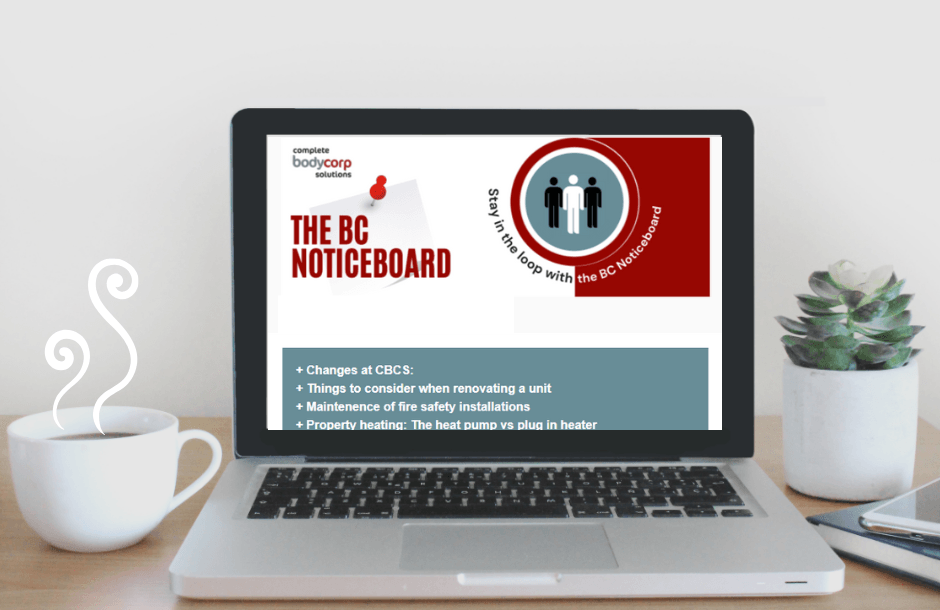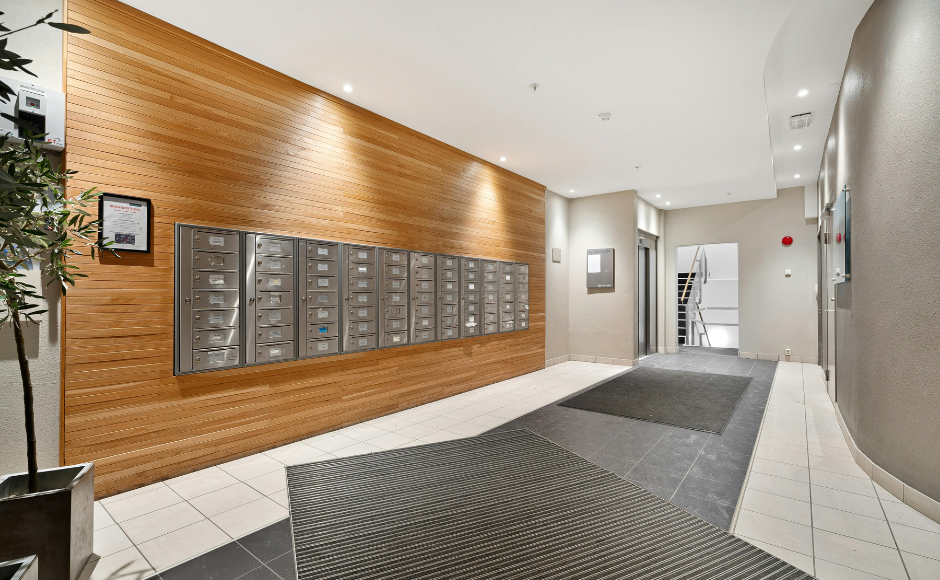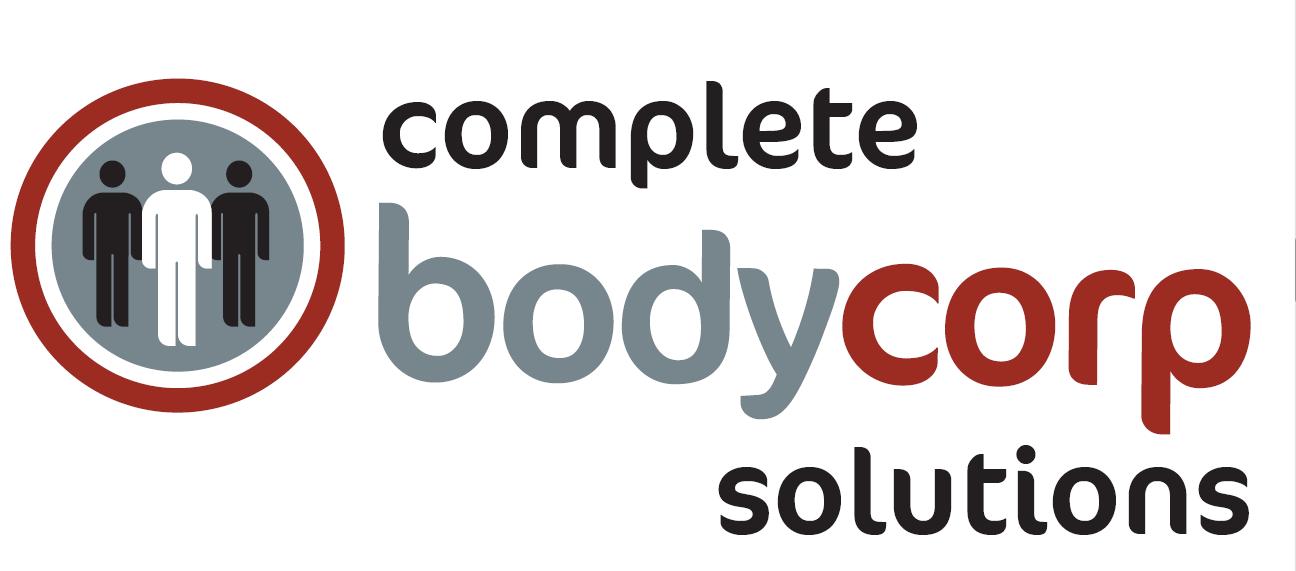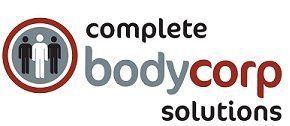A Guide to Body Corporate Levies: What Drives Levies and How Are They Set?

As a collective of unit owners, you are naturally responsible for the management, repair or replacement of the common property in your Body Corporate. Just like owners of a regular house, if something goes wrong you need to fix it.
So, in order to fund the management of the building, the body corporate comes up with a projected budget for what they can foresee will need attention and charges each owner a proportional share (levies).The amount of the levy you need to pay will usually depend on the size of your unit and what assets it includes.
This shared responsibility ensures that the common areas, such as hallways, elevators, and shared amenities, are well-maintained and functional for the benefit of all residents. These levies are typically set by the body corporate, which consists of all the property owners within the complex. But what drives levies and how are they set?
The process for setting body corporate levies involves several steps:
1. Budgeting: The body corporate prepares an annual budget that outlines the anticipated expenses for the upcoming year. This budget includes items such as insurance premiums, maintenance costs, repairs, utilities, management fees, and administrative expenses.
2. Calculation: Once the budget is finalised, the total cost is divided among the unit owners based on their unit entitlements. Unit entitlements are determined by factors such as the size, location, and value of each unit relative to the whole complex.
3. Approval: The proposed levies are presented to all unit owners for approval at the annual general meeting (AGM) of the body corporate. Owners have the opportunity to review the budget and levy amounts and vote on whether to accept them.
4. Implementation: If the budget and levies are approved by the majority of unit owners at the AGM, the levies are implemented for the upcoming financial year. Owners are then required to pay their levies as outlined in the budget.
5. Adjustments: In some cases, adjustments may need to be made to the levies throughout the year if unexpected expenses arise or if the budget needs to be revised. Any changes to the levies must be approved by the body corporate at a general meeting.
It's important to note that body corporate levies may vary from year to year based on factors such as changes in expenses, fluctuations in the property market, and the need for major maintenance or repair projects within the scheme.












